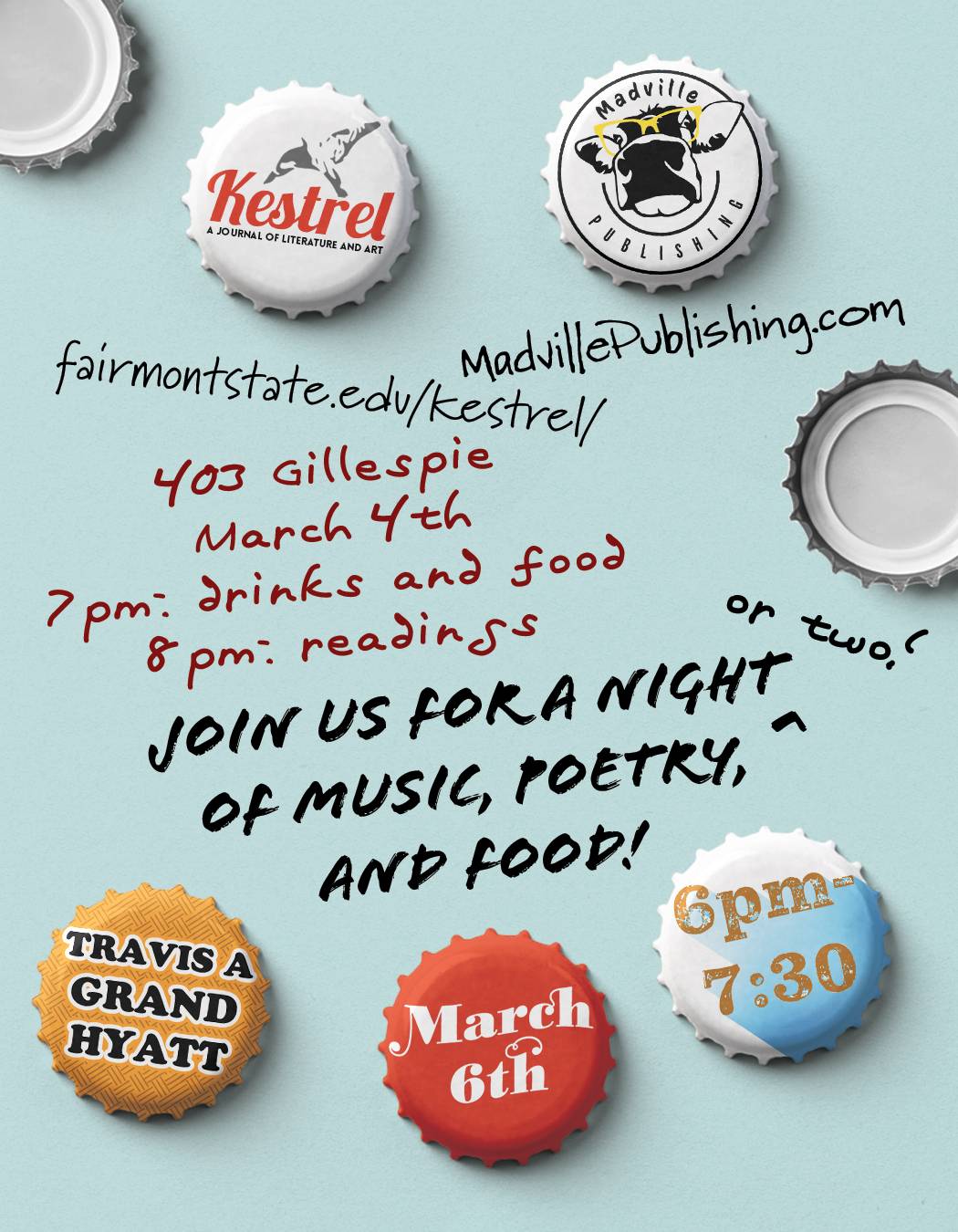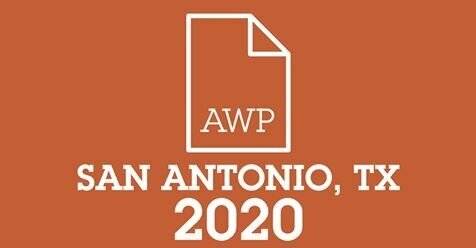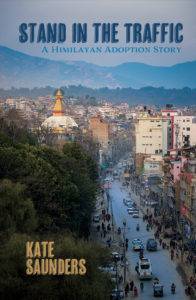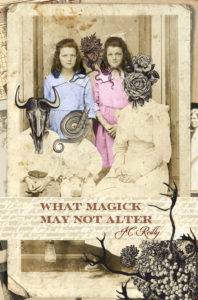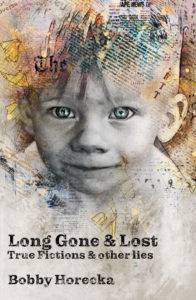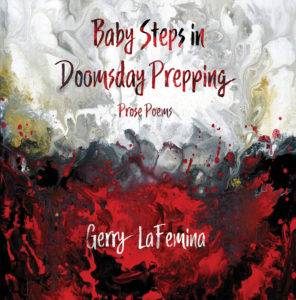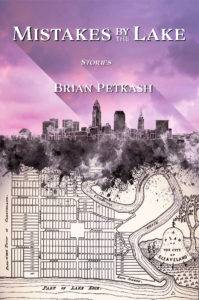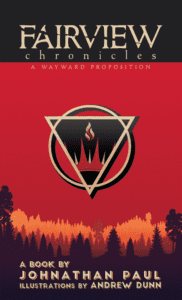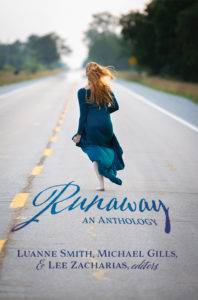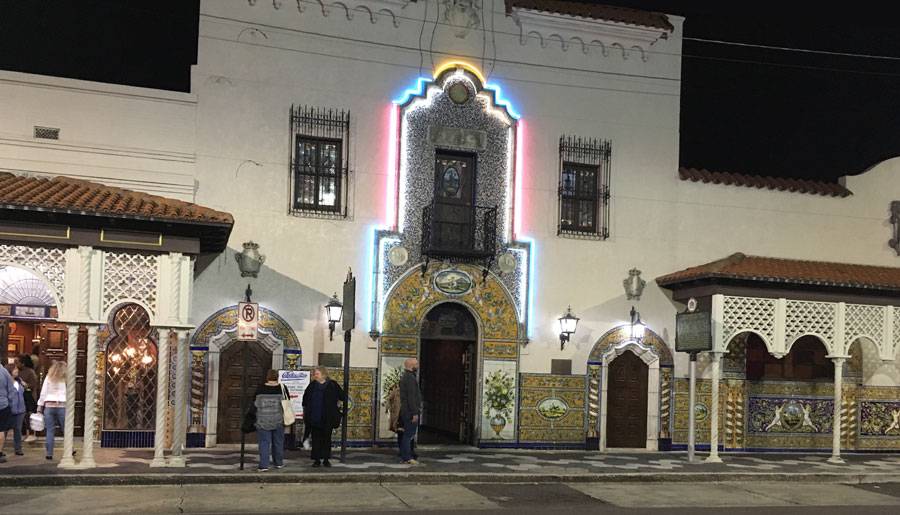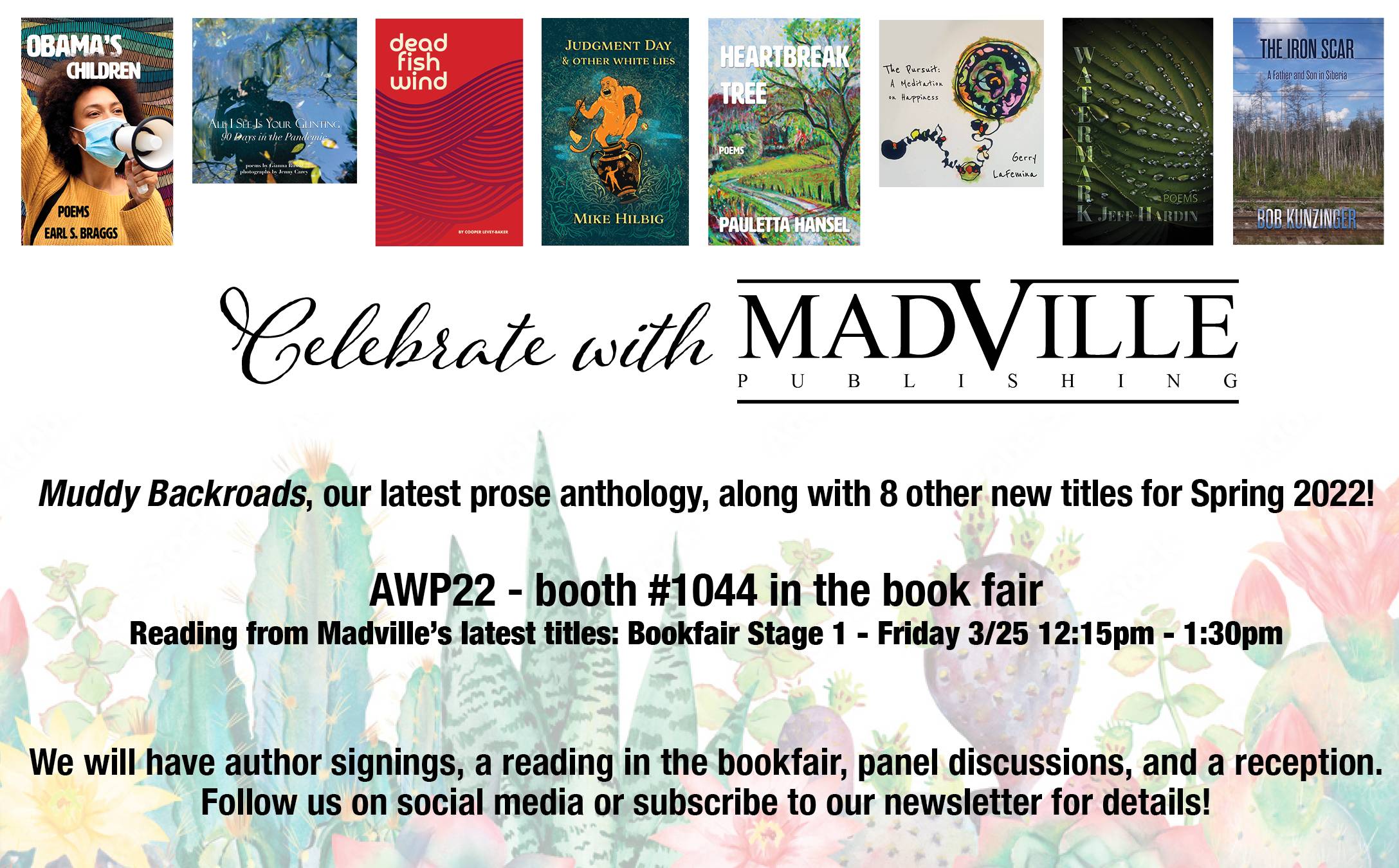
Madville Publishing will be in attendance at AWP in person this year. We also recorded a virtual panel so you can see a few of us even if you can’t attend in person. Our booth is #1044… near the food court! This page shows our schedule.
We will update here with information about author book signings. We didn’t get that info in in time for the official program listings.
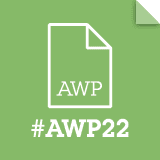
2022 AWP Conference & Bookfair
Philadelphia, Pennsylvania
Pennsylvania Convention Center
March 23–26, 2022
All About Publicity: Publicists & Small Presses
https://www.awpwriter.org/awp_conference/event_detail/21532
T242. Virtual
Thursday, March 24, 2022 – 3:20 pm to 4:20 pm
Publishing with a small press with a limited promotion budget can leave an author feeling adrift and alone when it comes to advertising and promoting their books. Some (who have the resources to do so) hire outside publicists. This panel seeks to answer some hard questions about how to find the right publicist to promote your work and how to gauge your success. What should a publicist cost? How many books will the author have to sell to cover that cost? Is it worthwhile in the long run?
Event Outline: All-About-Publicity-outline.rev2_.pdf
Participants
- Kimberly Davis (moderator) is the director at Madville Publishing, a nonprofit independent press based in Denton, Texas. Kim writes mostly fiction and has an MFA from SHSU. She spent five years at Texas Review Press.
- Caitlin Hamilton Summie is the former marketing director of MacMurray & Beck and of BlueHen Books/Penguin Putnam. At each firm, she also managed imprint profile and directed all publicity, hardcover and paperback. In 2003, she founded Caitlin Hamilton Marketing & Publicity.
- Gigi Marino is a senior publicist with Otter PR in Orlando, Fla. She has more than twenty-five years of experience working in higher education as a writing lecturer, magazine editor, photography director, and director of communications, She also is a poet and essayist.
- Lee Zacharias is the author of a collection of short stories, a collection of essays, and four novels. Her work has received IPPY silver medals for fiction and nonfiction, two Sir Walter Raleigh Awards, the Phillip H. McMath Book Award, and fellowships from the NEA and the North Carolina Arts Council.
- Michael Simms founded Autumn House Press in 1998 and served as editor in chief until 2015 when he started Vox Populi, a public sphere for politics and poetry. His poetry collections include American Ash and Nightjar, and he’s been the lead editor of over 100 published books.
Madville On Stage
12:10pm – 1:25pm on Friday March 25, 2022
Michener Center for Writers Bookfair Stage
Hall D & E, Pennsylvania Convention Center, 200 Level

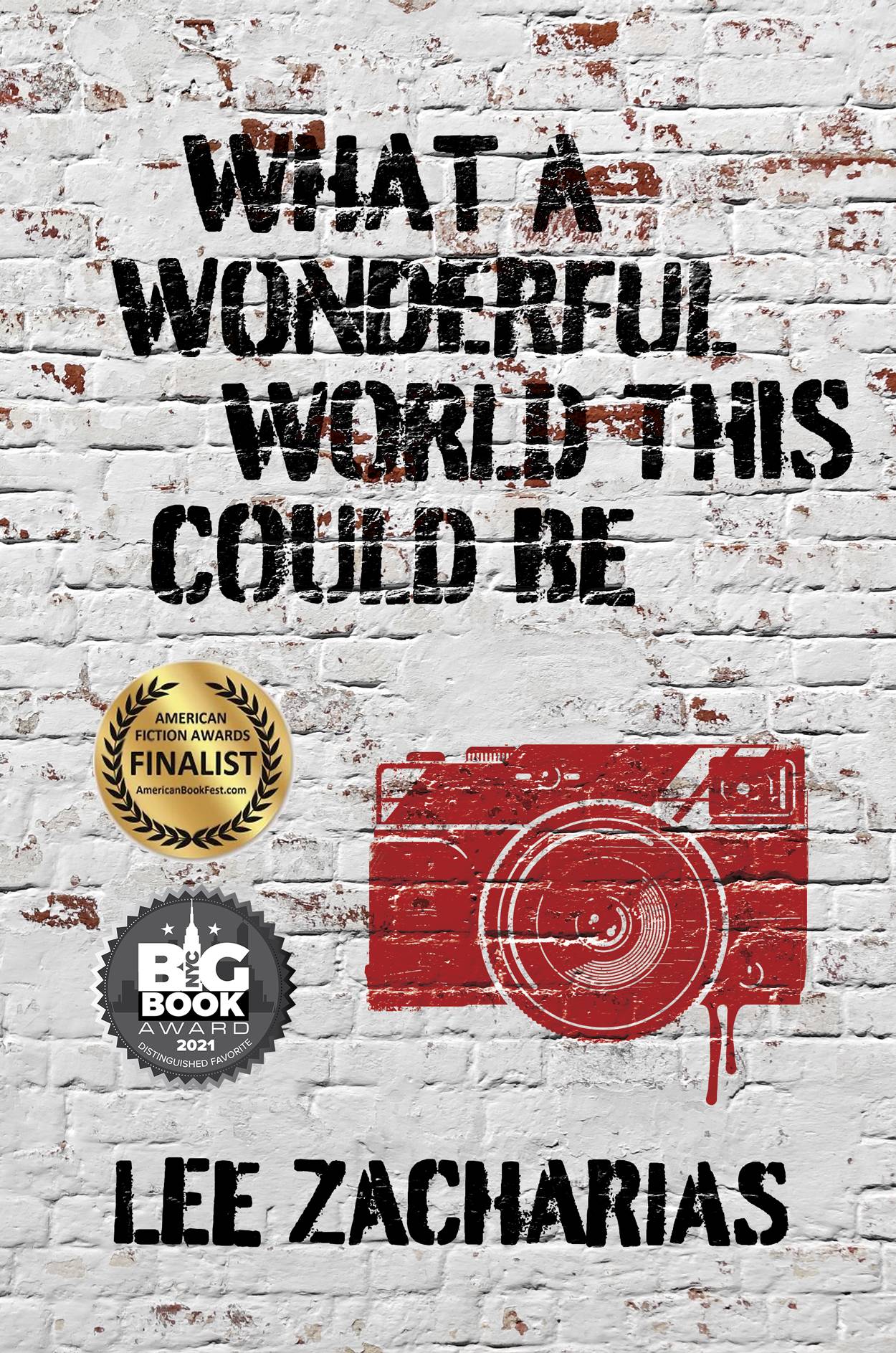
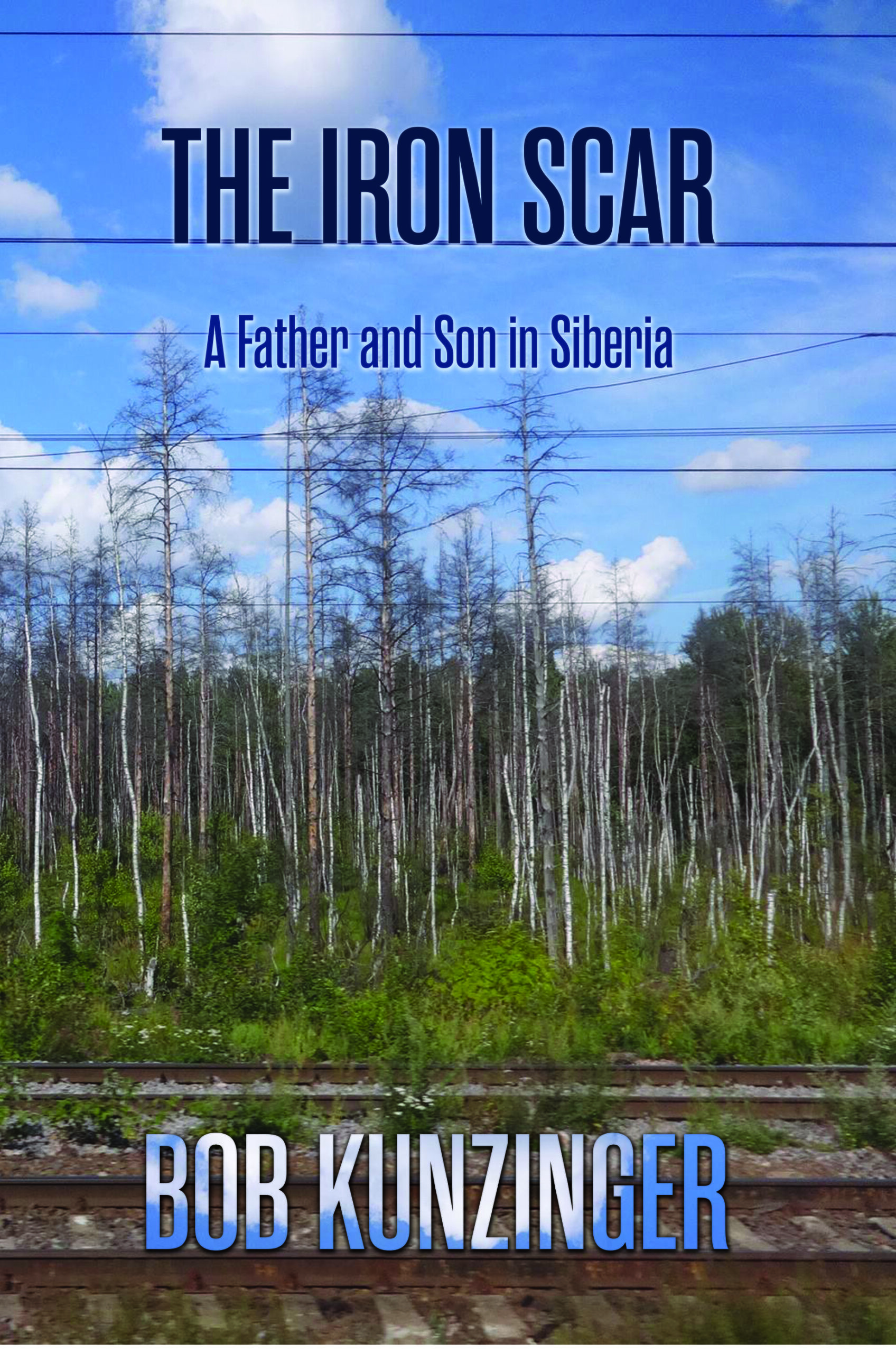
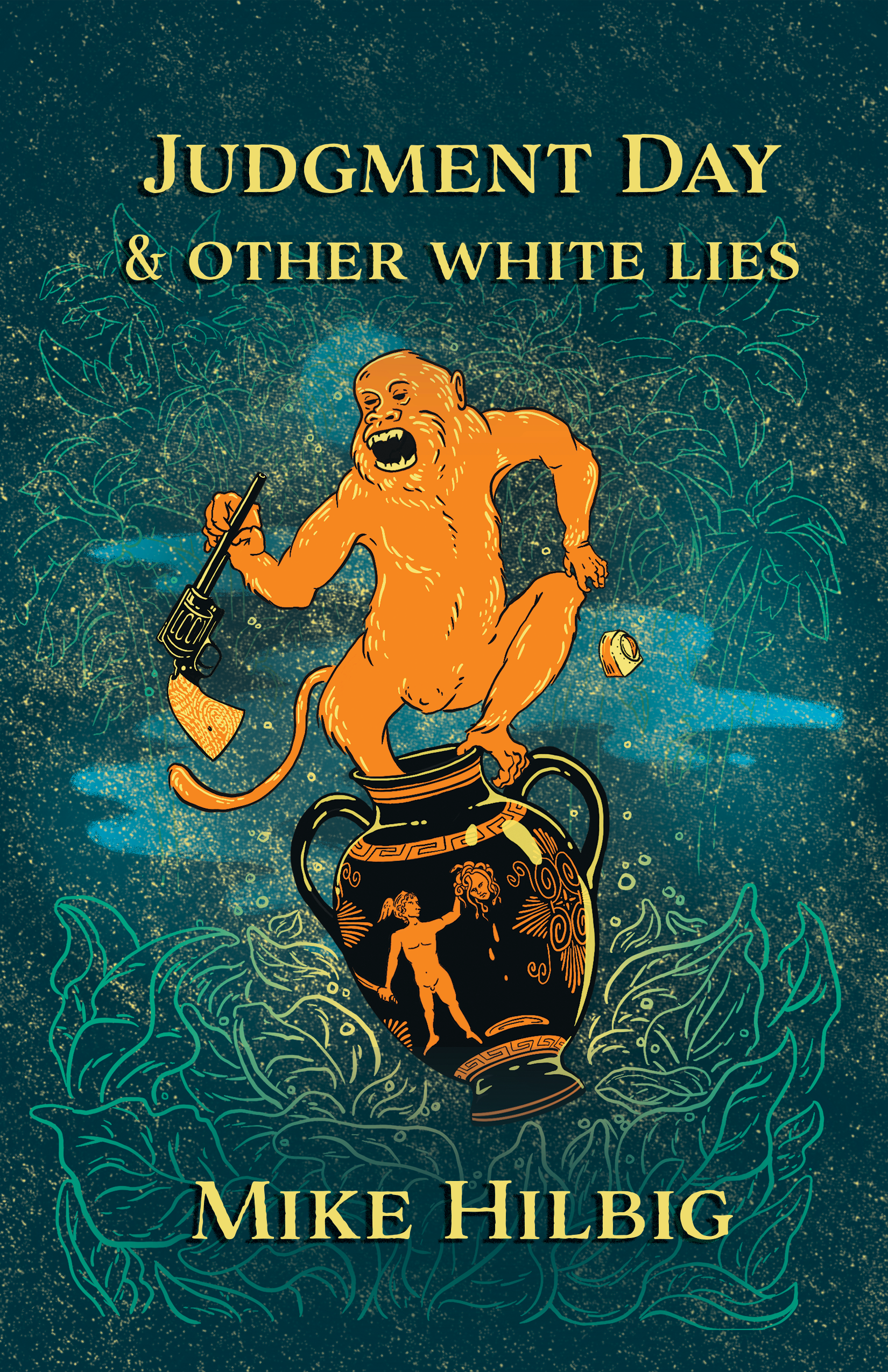
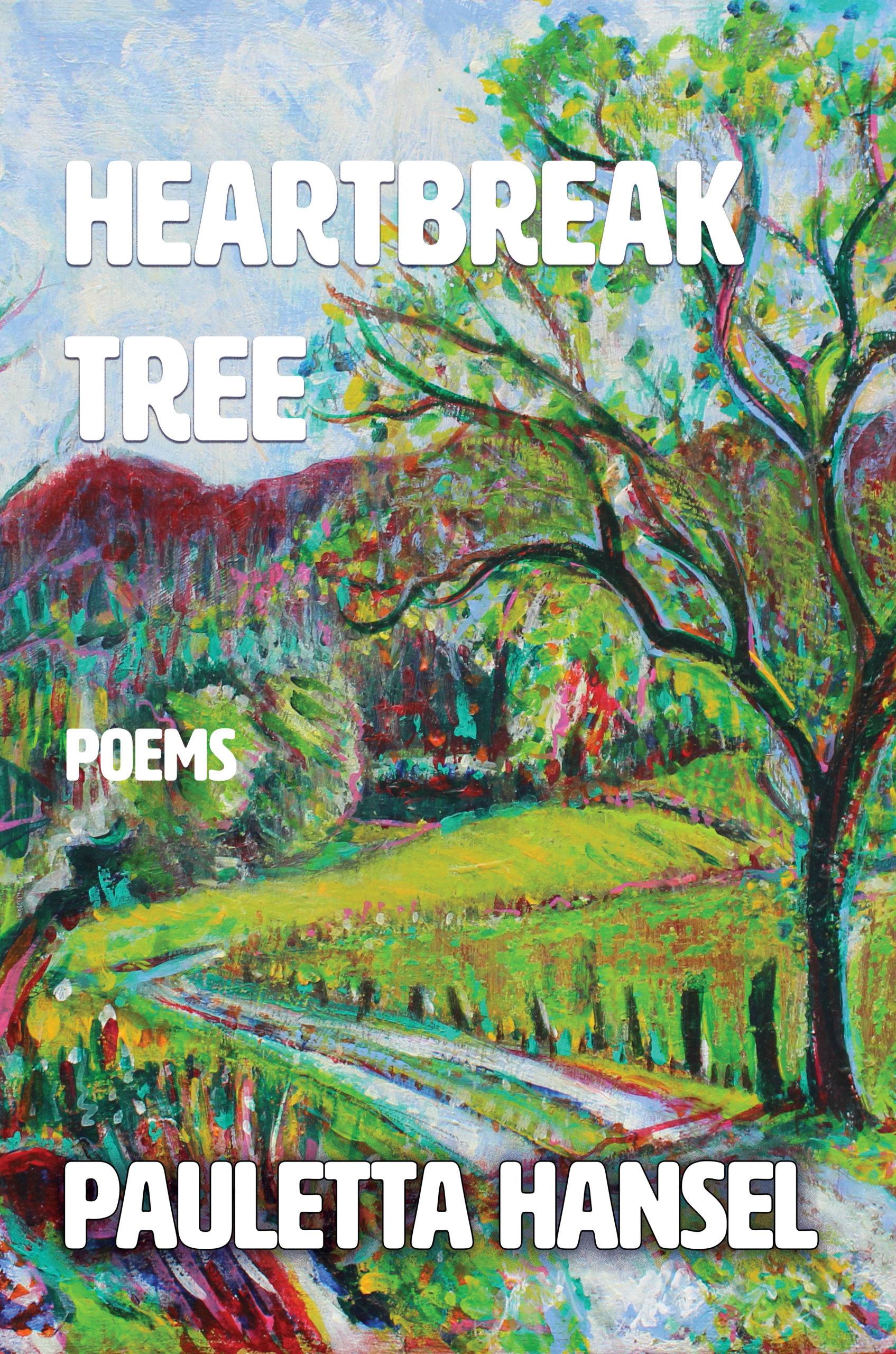
This reading brings together poetry, essay, creative nonfiction, and fiction from recently released or upcoming Madville titles. We’ve invited several of our authors who enjoy performing to read on the AWP Bookfair stage. Each of these talented writers/performers has a new book coming out in time to share at AWP22. They are:
· Gerry LaFemina
Gerry LaFemina’s poetry collections include Baby Steps in Doomsday Prepping, The Story of Ash and Little Heretic. His essays on prosody, Palpable Magic, came out in 2015 and Kendall Hunt recently released his textbook, Composing Poetry: A Guide to Writing Poems and Thinking Lyrically. He teaches at Frostburg State University and in the Carlow University MFA Program. https://gerrylafemina.com/ His latest collection is creative nonfiction in flash format, THE PURSUIT: A MEDITATION ON HAPPINESS (Madville, Feb 2022)
· Mike Hilbig
Mike Hilbig graduated in 2017 from Sam Houston State University with an MFA in Creative Writing, Editing, and Publishing. He lives in Houston, TX and teaches English at the University of Houston-Downtown and at Lone Star College. His new collection of short stories is JUDGMENT DAY & OTHER WHITE LIES (Madville, Feb 2022)
· Lee Zacharias
Lee Zacharias is the author of a collection of short stories, a collection of essays, and four novels. Her work has received IPPY silver medals for fiction and nonfiction, two Sir Walter Raleigh Awards, the Phillip H. McMath Book Award, and fellowships from the NEA and the North Carolina Arts Council. Her most recent novel is WHAT A WONDERFUL WORLD THIS COULD BE (Madville, Jun 2021)
· Bob Kunzinger
Bob Kunzinger is the author of nine collections of essays, including: A Third Place: Notes in Nature, and Penance: Walking with the Infant. He lives in Virginia. His newest collection is THE IRON SCAR: A FATHER AND SON IN SIBERIA with photos by Michael Kunzinger (Madville, Apr 2022)
· Pauletta Hansel
Pauletta Hansel is a poet, memoirist and teacher who is author of eight poetry collections including Friend, Coal Town Photograph and Palindrome, winner of the 2017 Weatherford Award for best Appalachian Poetry. Her writing has been widely anthologized and featured in print and online journals including Oxford American, Rattle, The Writer’s Almanac, American Life in Poetry and Verse Daily, the Appalachian Journal, Appalachian Review, Cincinnati Review, and Still: The Journal, among others. Pauletta was Cincinnati’s first Poet Laureate, 2016-2018 and for ten years served as managing editor of Pine Mountain Sand & Gravel, the literary publication of Southern Appalachian Writers Cooperative. Read Pauletta’s work and hear her read her own work on her website, paulettahansel.wordpress.com. Her latest collection is Heartbreak Tree (Madville, March 2022)
Madville Publishing Reception
F252.

Join us for some reading and some laughs. We’ll have refreshments of the adult variety.
This event is a celebration for Madville Publishing authors, past and present. Friends of Madville or Madville authors are welcome.
Friday, March 25, 2022, 6:00 p.m. to 7:30 p.m.
Room 308, Marriott Philadelphia Downtown

